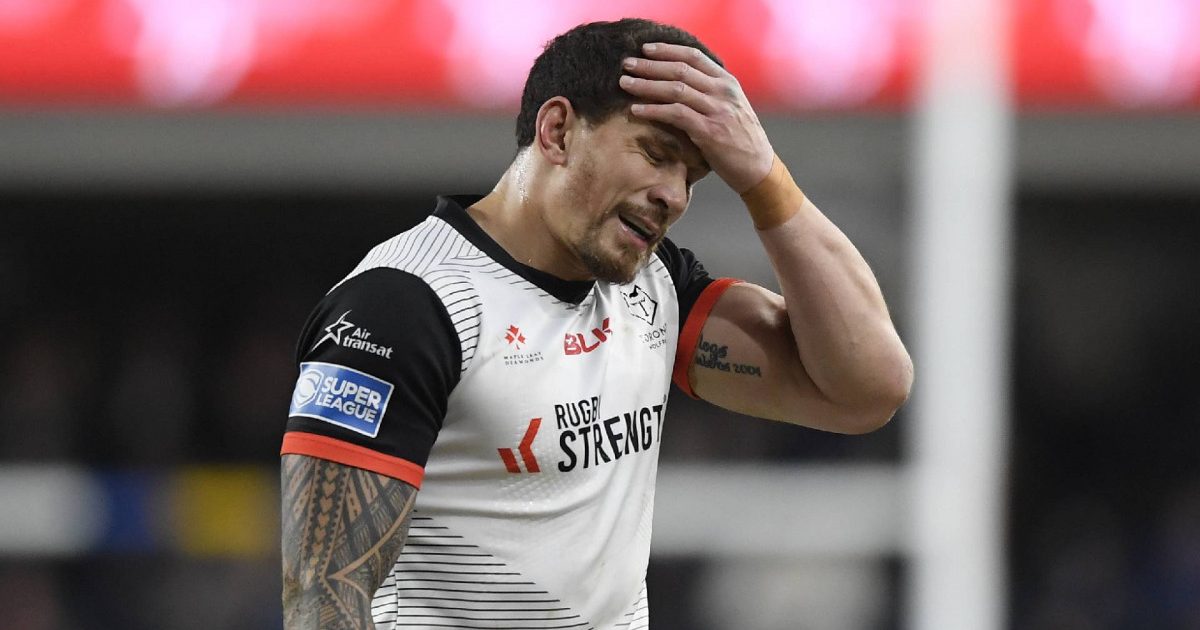Sonny Bill Williams faces uncertain future after Toronto Wolfpack axed from Super League

Sonny Bill Williams is a free agent again after Toronto were booted out of next year’s Super League competition.
Wolfpack bosses on Monday failed to convince Super League clubs they had an adequate business plan, leaving the Canadian club’s future in limbo.
The Canadian franchise in July withdrew from their inaugural season in the top flight, with owner David Argyle citing financial problems caused by the coronavirus pandemic.
The Wolfpack had expressed hope they would return next year under new ownership, but that was rejected at a Super League board meeting on Monday by an 8-4 vote against them.
The decision leaves several former NRL players without a club for next year, including Williams, Ricky Leutele, Darcy Lussick and Josh McCrone.
Williams had signed a two-year $10-million contract with the club at the end of 2018, but was back in the NRL with the Roosters by August.
His high-profile stint was considered a success bot h on and off the field, while Leutele played one game for Melbourne and McCrone returned to country football.
Lussick did not play again, and detailed his own struggles in the UK.
Both Williams’ management and the Roosters were contacted for comment on Tuesday morning, but any prolonged stay would likely present a salary cap challenge for the club.
While there would likely be interest elsewhere for the dual-international, with the Warriors one club particularly keen in 2020, there is a possibility he could instead focus on boxing.
The futures of Leutele, McCrone and Lussick are also up in the air.
Crusaders lock Scott Barrett says 'you feel for them a wee bit'. #AUSvNZL #BledisloeCup https://t.co/rb62LsXzI5
— RugbyPass (@RugbyPass) November 2, 2020
Toronto’s departure from the top-tier ends one of the best fairytale runs in the sport and the code’s best shot at expansion into North America.
Formed in 2016 by Canadian entrepreneur Eric Perez and, after starting out in League 1, they twice won promotion in three years to claim their place in Super League.
They played in front of crowds of 9,000 in their Championship season but hopes of capitalising on the signing of Williams for 2020 were scuppered by an inability to play any games in Toronto.
Super League boss Robert Elstone said clubs in Monday’s meeting were concerned by the Wolfpack’s aggressive revenue targets on which financial forecasts for their return was based.
He also claimed a team in North America was “non-strategic and added no material incremental revenue to Super League in the short or medium term”.
Wolfpack chairman and chief executive Bob Hunter said his club were upset by the call.
“I think at the end of the day, there were a few different questions that probably didn’t get answered, so disappointed but understood,” Hunter said.
Super League must now decide whether to run with 11 clubs in 2021 or find a 12th member and its board will reconvene on Tuesday to consider its next move.
























































